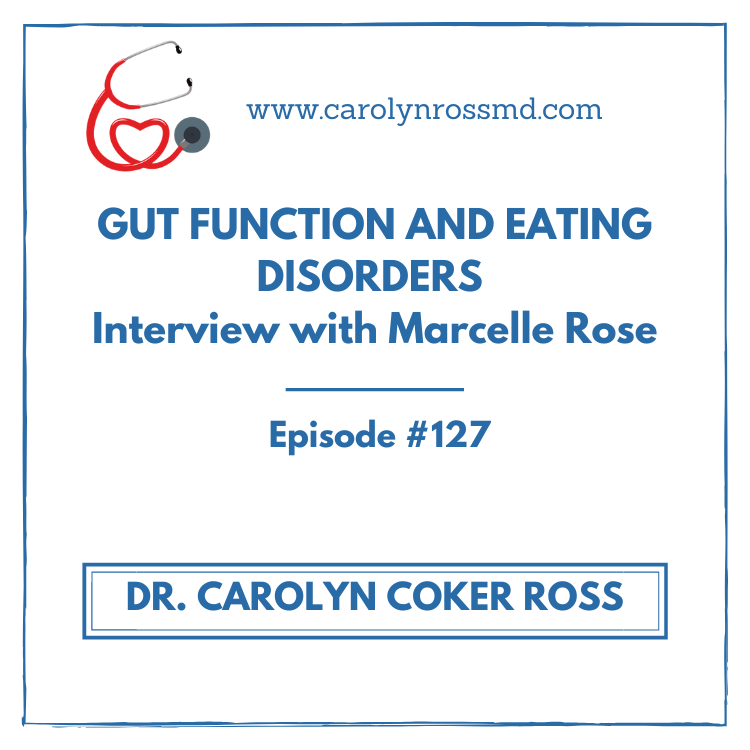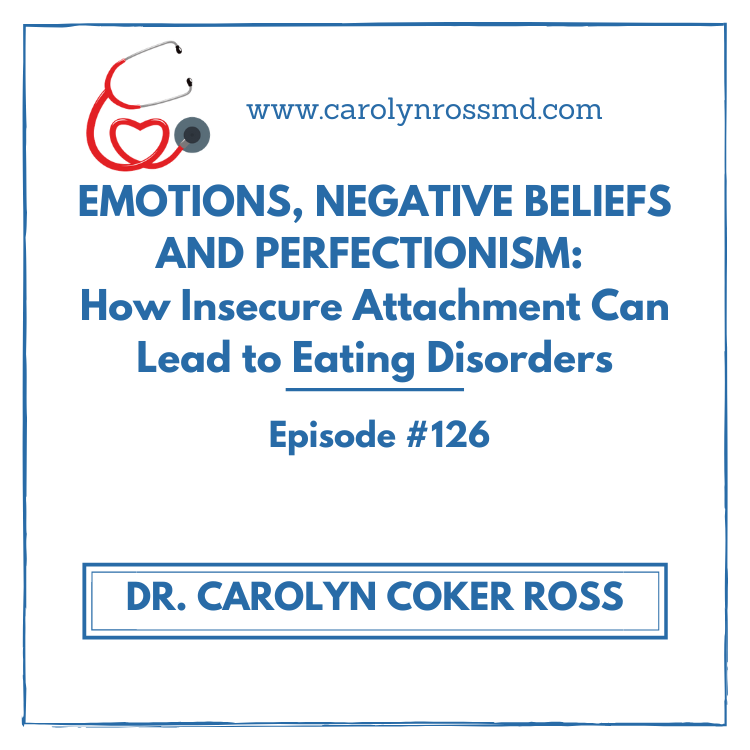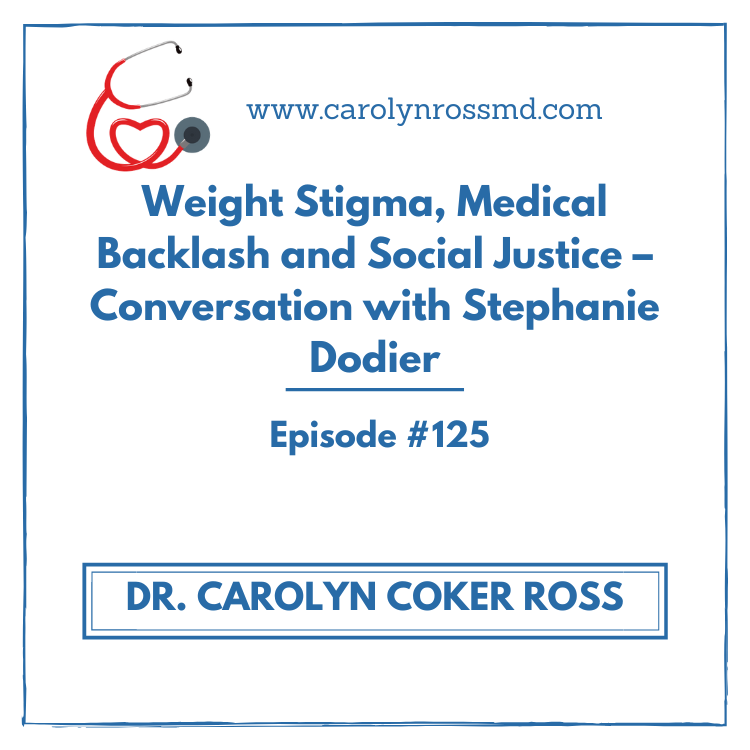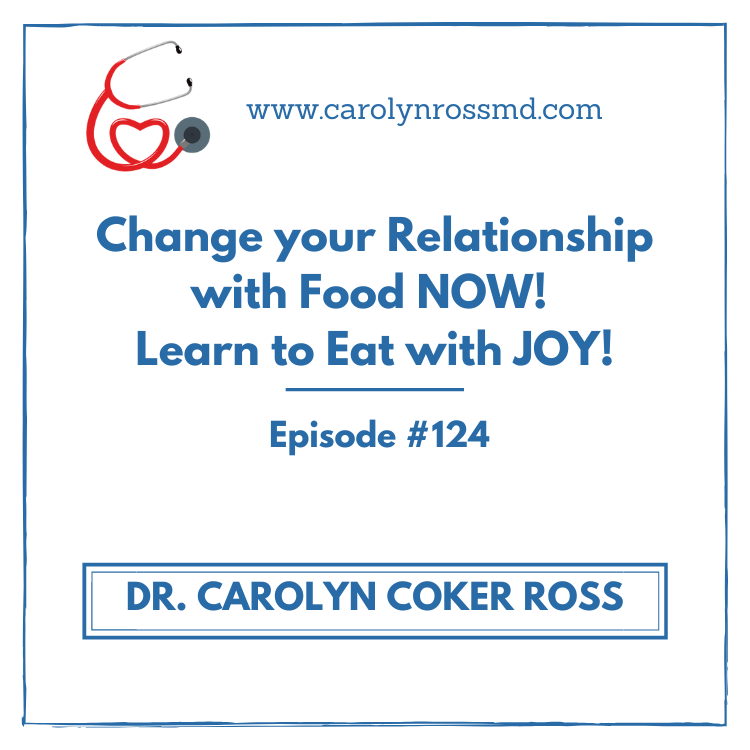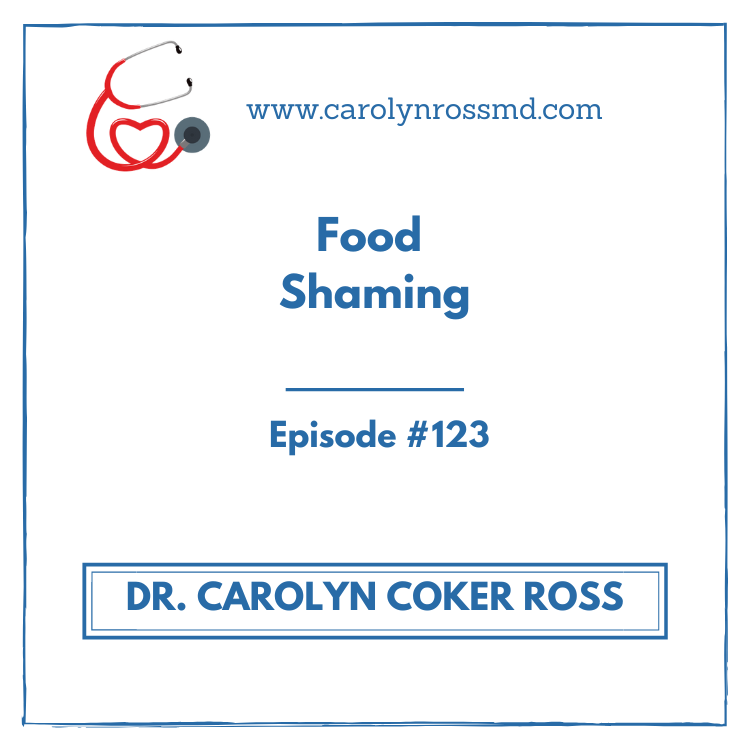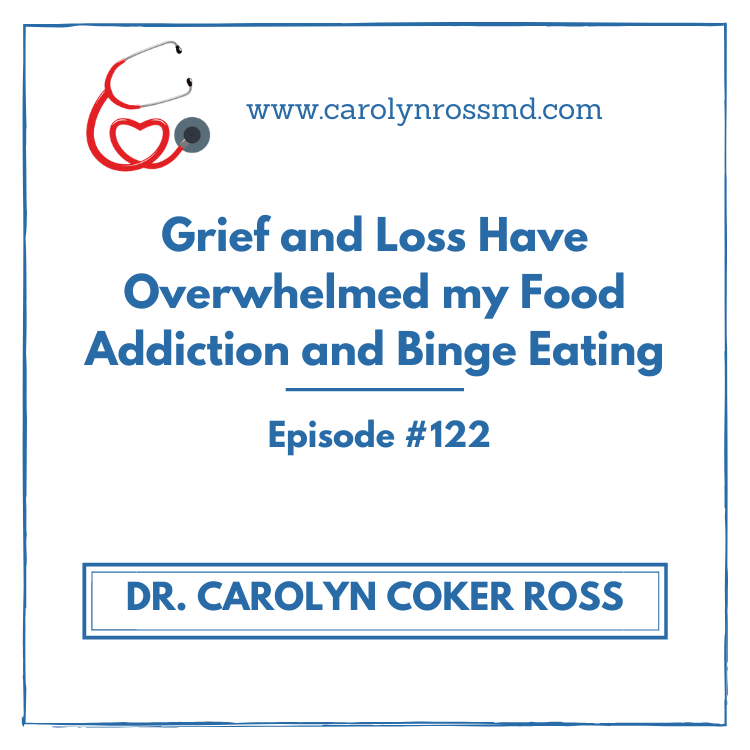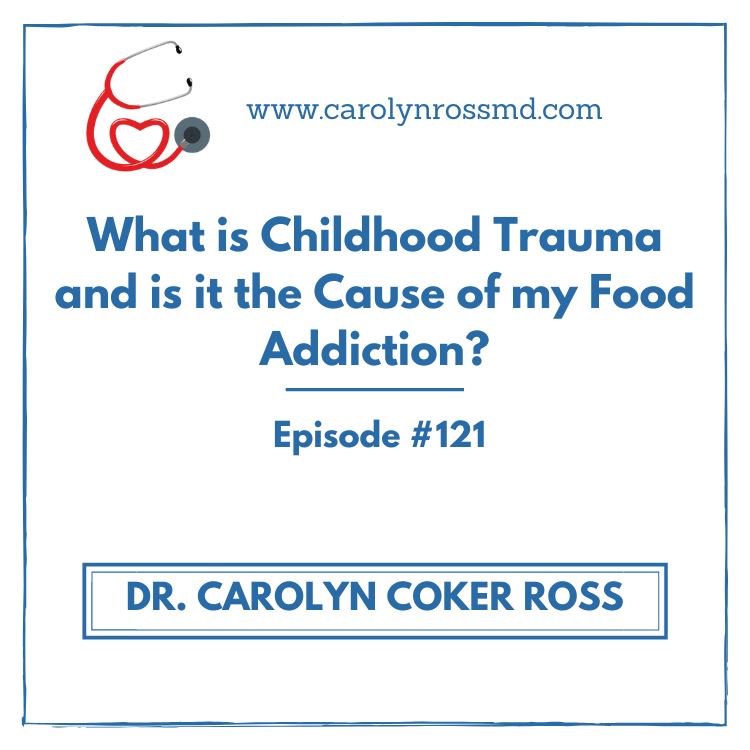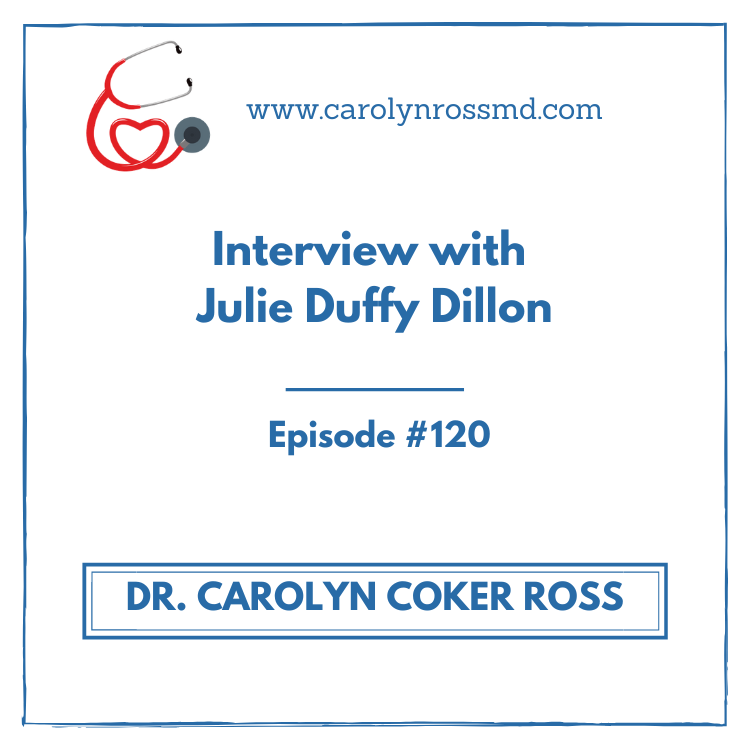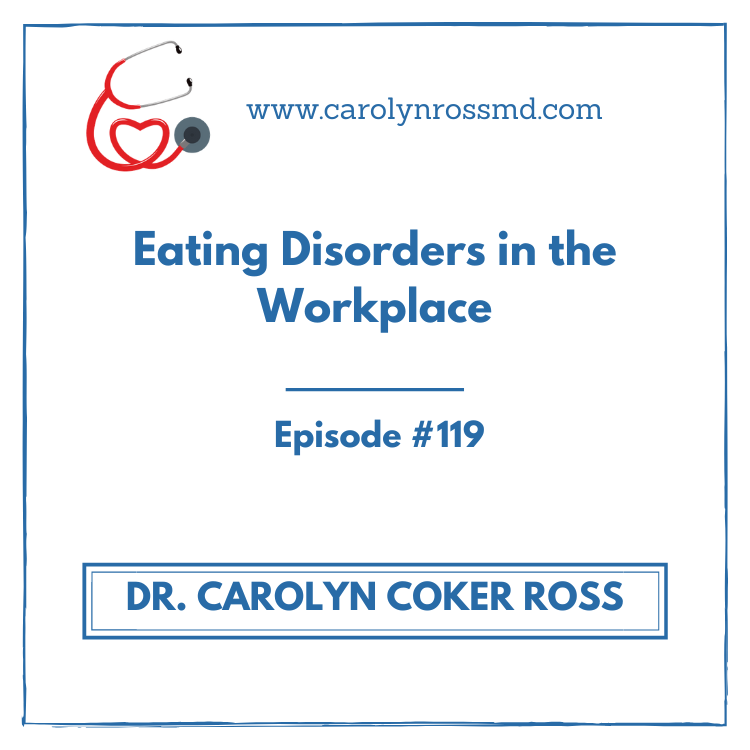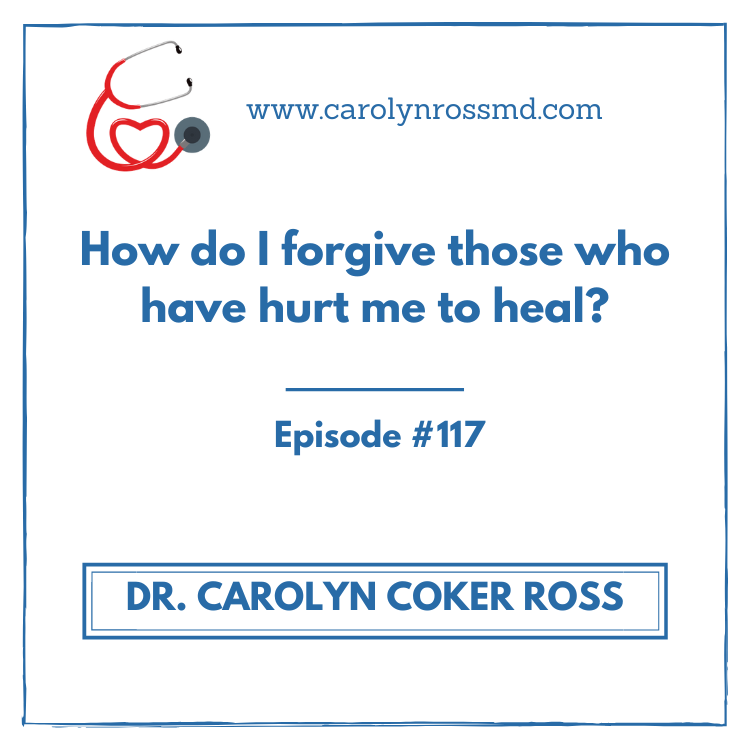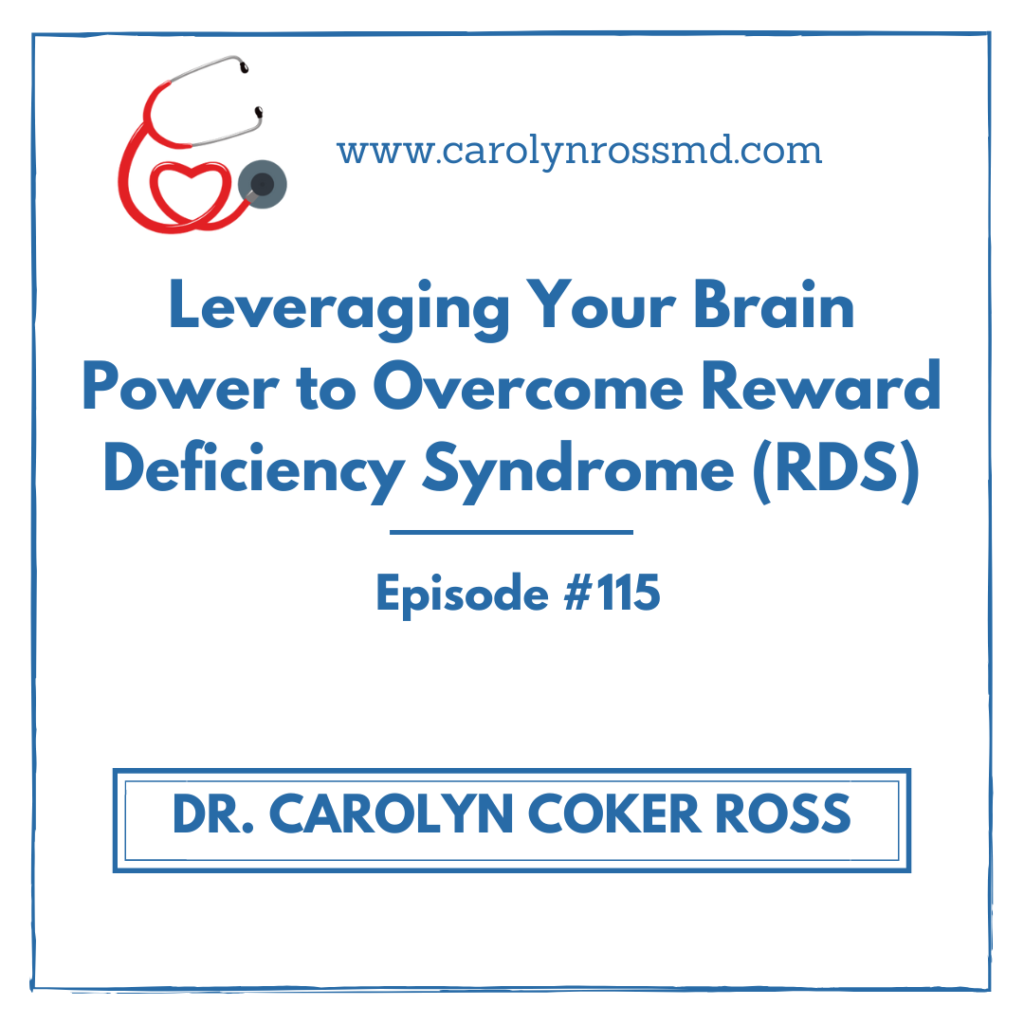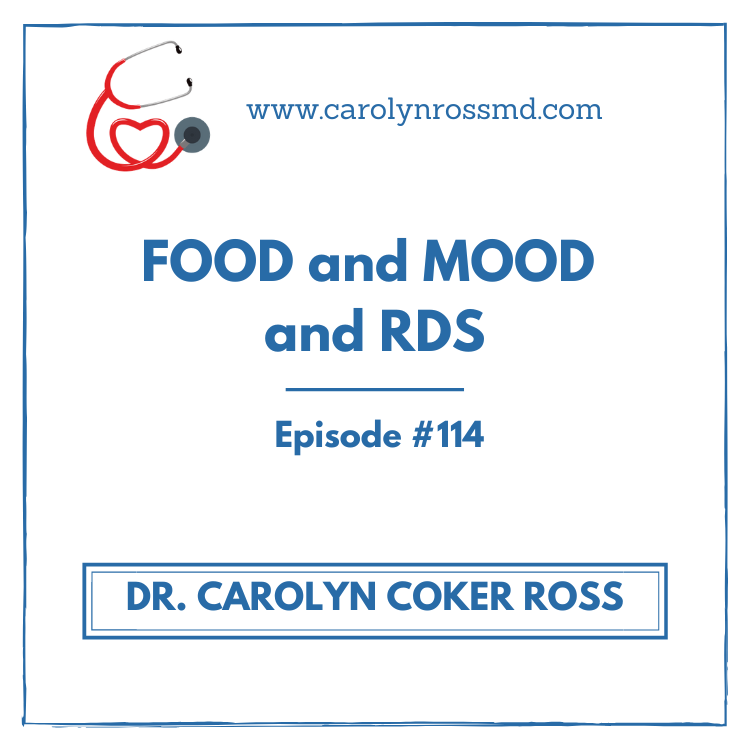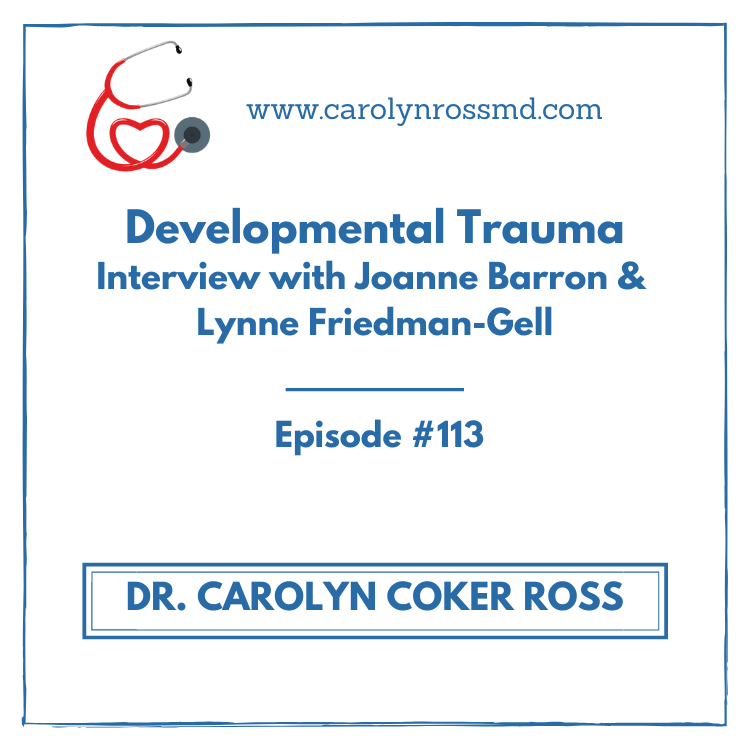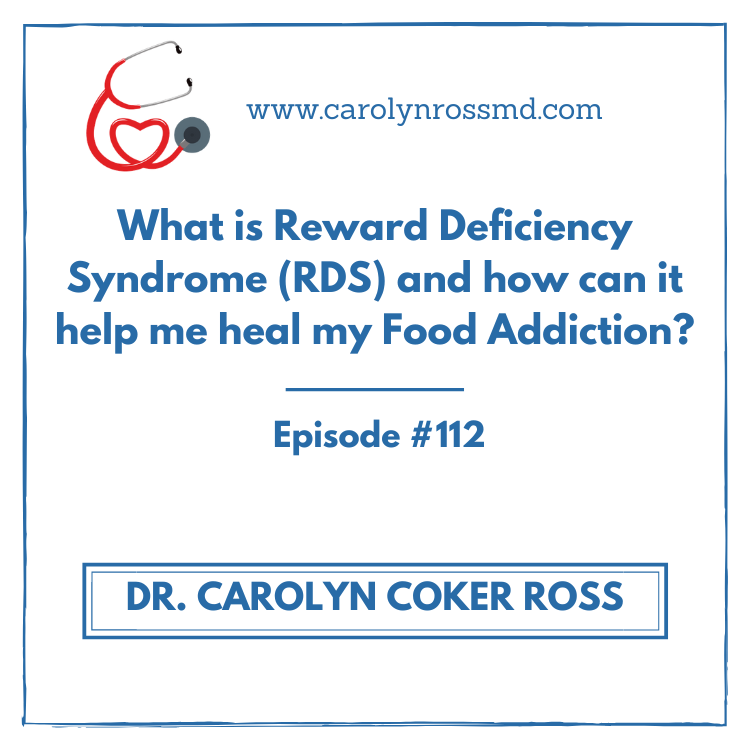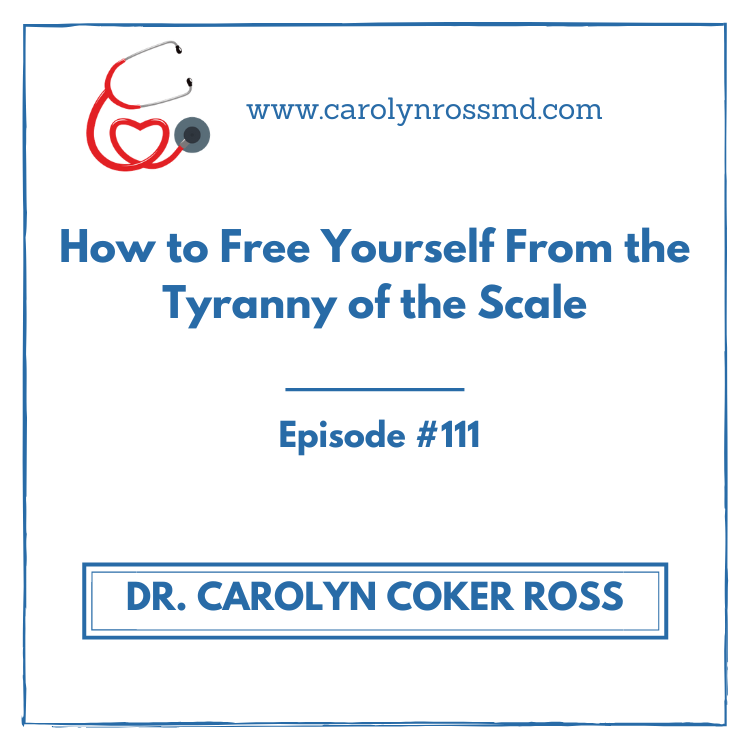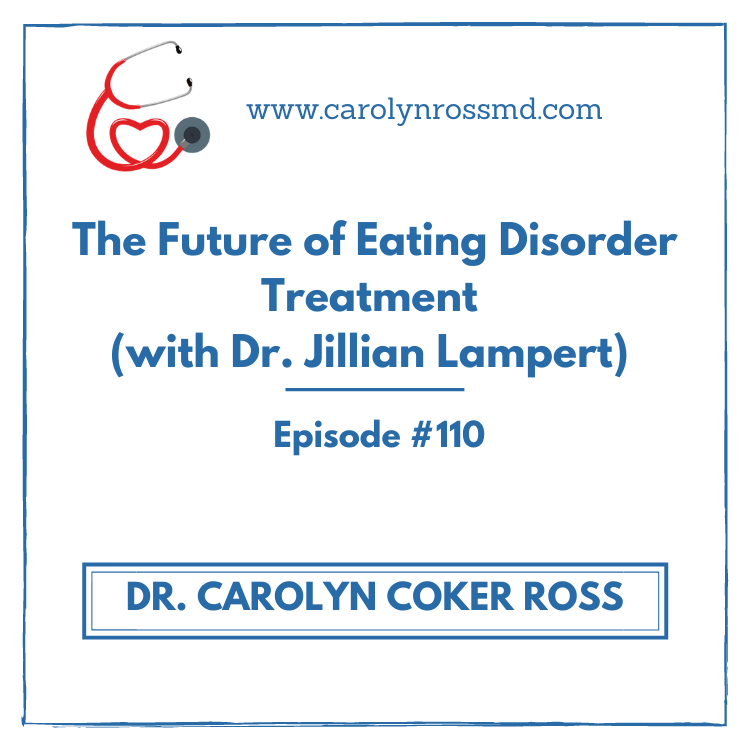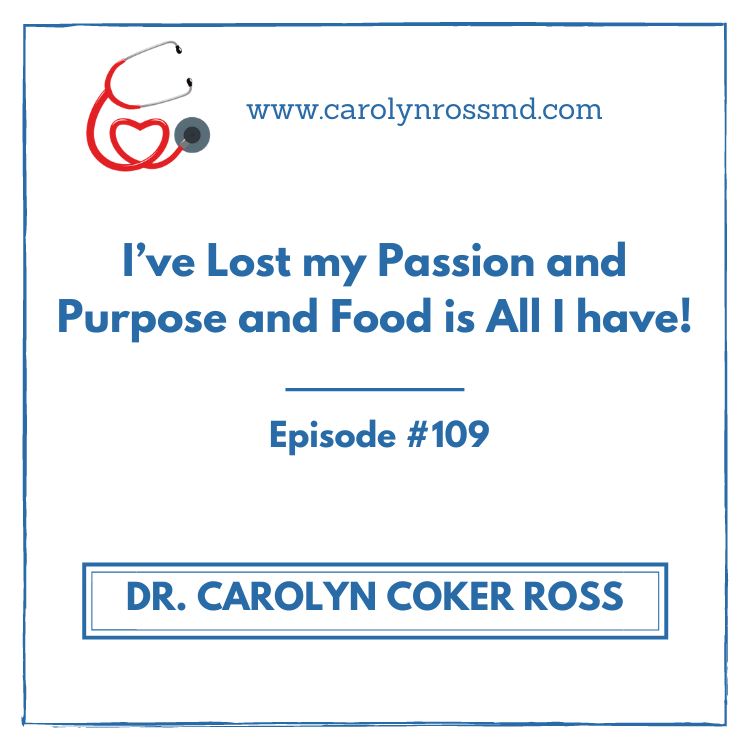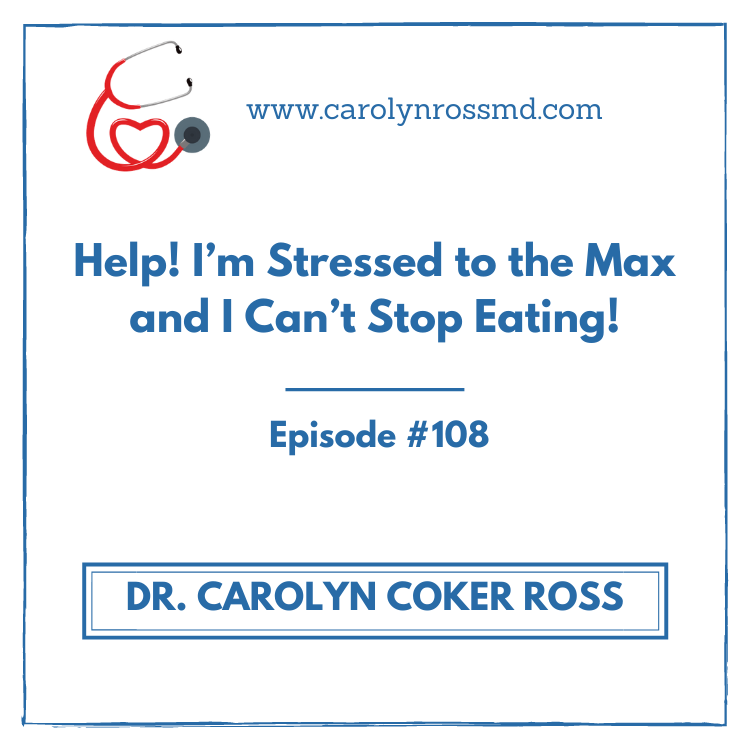EPISODE BLOGS
March 28, 2023
In this episode, I will be speaking with London nutritionist and health coach, Marcelle Rose. The number one complaint of...
Read More
Abuse,
Anchor Program,
Anxiety,
binge eating,
binge eating disorder,
body image,
body image issues,
body positive,
core beliefs,
Emotional Eating,
Food Addiction,
food addiction help,
food fixes,
guilt,
gut,
gut disorder,
neglect,
shame,
stress eating,
weight shaming,
weight stigma
March 7, 2023
Research is now showing that something called “attachment styles” may also explain why people with a history of toxic stress...
Read More
Abuse,
Anxiety,
attachment styles,
binge eating,
binge eating disorder,
body image,
body image issues,
body positive,
core beliefs,
Emotional Eating,
Food Addiction,
food addiction help,
guilt,
insecure attachment,
neglect,
perfectionism,
shame,
stress eating,
weight shaming,
weight stigma
January 24, 2023
Stephanie Dodier of “Going Beyond the Food” has been a guest on my podcast many times and our conversations have...
Read More
January 11, 2023
You may have dieting whiplash and just frankly have so much misinformation that you really don’t know what is good...
Read More
Abuse,
Anchor Program,
Anxiety,
binge eating,
binge eating disorder,
body image,
body image issues,
body positive,
core beliefs,
Emotional Eating,
Food Addiction,
food addiction help,
guilt,
joyful eating,
neglect,
shame,
spiritual depletion,
stress eating,
weight shaming,
weight stigma
December 27, 2022
Food shaming is when someone criticizes or judges what another person is eating. Food shaming can be intentional but even...
Read More
Abuse,
Anchor Program,
Anxiety,
binge eating,
binge eating disorder,
body image,
body image issues,
body positive,
core beliefs,
Emotional Eating,
Food Addiction,
food addiction help,
guilt,
neglect,
shame,
spiritual depletion,
stress eating,
weight shaming,
weight stigma,
work place,
work place stress
December 13, 2022
Grief following the death of a loved one is well studied and understood. Researchers have documented an initial period of...
Read More
Abuse,
Anchor Program,
Anxiety,
binge eating,
binge eating disorder,
body image,
body image issues,
body positive,
core beliefs,
Emotional Eating,
Food Addiction,
food addiction help,
guilt,
neglect,
shame,
spiritual depletion,
stress eating,
weight shaming,
weight stigma,
work place,
work place stress
November 29, 2022
What is trauma? Well, in the past, most people would say, "Trauma is severe abuse or neglect." But our more...
Read More
Abuse,
Anchor Program,
Anxiety,
binge eating,
binge eating disorder,
body image,
body image issues,
body positive,
childhood adversity,
childhood trauma,
core beliefs,
Emotional Eating,
Food Addiction,
foodaddiction help,
guilt,
neglect,
shame,
spiritual depletion,
stress eating,
weight shaming,
weight stigma
November 15, 2022
In the podcast, I interview friend and colleague, Julie Duffy Dillon who is a specialist in Polycystic Ovarian Syndrome (PCOS)....
Read More
Abuse,
Anchor Program,
Anxiety,
binge eating,
binge eating disorder,
body image,
body image issues,
body positive,
core beliefs,
Emotional Eating,
Food Addiction,
food addiction help,
guilt,
neglect,
shame,
spiritual depletion,
stress eating,
weight shaming,
weight stigma,
workplace,
workplace stress
November 1, 2022
We spend about a third of our adult lives in the workplace. Work can improve mental health for some individuals...
Read More
Abuse,
Anchor Program,
Anxiety,
binge eating,
binge eating disorder,
body image,
body image issues,
body positive,
core beliefs,
Emotional Eating,
Food Addiction,
food addiction help,
guilt,
neglect,
shame,
spiritual depletion,
stress eating,
weight shaming,
weight stigma,
workplace,
workplace stress
October 18, 2022
My guest on the podcast today is Ali Shapiro – the creator of Truce with Food® and the Truce Coaching...
Read More
Abuse,
adverse childhood experiences,
binge eating,
binge eating disorder,
binge eating disorder treatment,
body hatred,
body image,
body positive,
burnout,
childhood adversity,
core beliefs,
Emotional Eating,
Food Addiction,
food addiction help,
freedom from food addiction,
making peace with food and money,
neglect,
quarantine weight gain,
RDS,
reward deficiency syndrome,
spiritual depletion,
stress,
Trauma,
weight shaming,
weight stigma
October 4, 2022
In this podcast, I will be discussing the importance of forgiveness, including self-forgiveness for people with binge eating, emotional...
Read More
Abuse,
adverse childhood experiences,
binge eating,
binge eating disorder,
binge eating disorder treatment,
body hatred,
body image,
body positive,
burnout,
childhood adversity,
core beliefs,
Emotional Eating,
Food Addiction,
food addiction help,
Forgiveness,
freedom from food addiction,
making peace with food and money,
neglect,
quarantine weight gain,
self-forgiveness stress,
spiritual depletion,
Trauma,
weight shaming,
weight stigma
September 20, 2022
Aaron Flores is a dietician and health at every size, body trust and intuitive eating advocate who works with individuals...
Read More
Abuse,
adverse childhood experiences,
binge eating,
binge eating disorder,
binge eating disorder treatment,
body hatred,
body image,
body positive,
burnout,
childhood adversity,
core beliefs,
Emotional Eating,
Food Addiction,
food addiction help,
freedom from food addiction,
making peace with food and money,
neglect,
quarantine weight gain,
RDS,
reward deficiency syndrome,
spiritual depletion,
stress,
Trauma,
weight shaming,
weight stigma
September 6, 2022
This is the third and final part of our series on RDS. In Episode #112 and #114, I discussed what...
Read More
Abuse,
adverse childhood experiences,
binge eating,
binge eating disorder,
binge eating disorder treatment,
body hatred,
body image,
body positive,
burnout,
childhood adversity,
core beliefs,
Emotional Eating,
Food Addiction,
food addiction help,
freedom from food addiction,
making peace with food and money,
neglect,
quarantine weight gain,
RDS,
reward deficiency syndrome,
spiritual depletion,
stress,
Trauma,
weight shaming,
weight stigma
August 23, 2022
In episode #112 I talked to you about Reward Deficiency Syndrome – what is and how it may contribute to...
Read More
Abuse,
adverse childhood experiences,
binge eating,
binge eating disorder,
binge eating disorder treatment,
body hatred,
body image,
body positive,
burnout,
childhood adversity,
core beliefs,
Emotional Eating,
Food Addiction,
food addiction help,
freedom from food addiction,
making peace with food and money,
neglect,
quarantine weight gain,
RDS,
reward deficiency syndrome,
spiritual depletion,
stress,
Trauma,
weight shaming,
weight stigma
August 1, 2022
Trauma has been show to increase the risk for eating disorders and addictions. There has been much research showing that...
Read More
Abuse,
adverse childhood experiences,
binge eating,
binge eating disorder,
binge eating disorder treatment,
body hatred,
body image,
body positive,
burnout,
childhood adversity,
core beliefs,
Emotional Eating,
Food Addiction,
food addiction help,
freedom from food addiction,
making peace with food and money,
neglect,
quarantine weight gain,
RDS,
reward deficiency syndrome,
spiritual depletion,
stress,
Trauma,
weight shaming,
weight stigma
July 19, 2022
You may never have heard about RDS but it may be critical to understanding why your food and body image...
Read More
Abuse,
adverse childhood experiences,
binge eating,
binge eating disorder,
binge eating disorder treatment,
body hatred,
body image,
body positive,
burnout,
childhood adversity,
core beliefs,
Emotional Eating,
Food Addiction,
food addiction help,
freedom from food addiction,
making peace with food and money,
neglect,
quarantine weight gain,
RDS,
reward deficiency syndrome,
spiritual depletion,
stress,
Trauma,
weight shaming,
weight stigma
June 10, 2022
In this episode, I will share with you some of my personal struggles with the tyranny of the scale. I...
Read More
Abuse,
adverse childhood experiences,
binge eating,
binge eating disorder,
binge eating disorder treatment,
body hatred,
body image,
body positive,
burnout,
childhood adversity,
core beliefs,
Emotional Eating,
Food Addiction,
food addiction help,
freedom from food addiction,
making peace with food and money,
neglect,
quarantine weight gain,
spiritual depletion,
stress,
Trauma,
weight shaming,
weight stigma
May 12, 2022
My guest, Dr. Jillian Lampert will discuss some of the challenges and innovations in treating eating disorders. In...
Read More
Abuse,
adverse childhood experiences,
binge eating,
binge eating disorder,
binge eating disorder treatment,
body hatred,
body image,
body positive,
burnout,
childhood adversity,
core beliefs,
Emotional Eating,
Food Addiction,
food addiction help,
freedom from food addiction,
making peace with food and money,
neglect,
quarantine weight gain,
spiritual depletion,
stress,
Trauma,
weight shaming,
weight stigma
April 26, 2022
Being out of touch with or disconnected from your spirit can lead to spiritual depletion. Spiritual depletion can exacerbate binge...
Read More
Abuse,
adverse childhood experiences,
binge eating,
binge eating disorder,
binge eating disorder treatment,
body hatred,
body image,
body positive,
burnout,
childhood adversity,
core beliefs,
Emotional Eating,
Food Addiction,
food addiction help,
freedom from food addiction,
making peace with food and money,
neglect,
quarantine weight gain,
spiritual depletion,
stress,
Trauma,
weight shaming,
weight stigma
March 31, 2022
If you are struggle with food addiction, emotional eating or binge eating, stress can trigger emotions that you may have...
Read More
Abuse,
adverse childhood experiences,
binge eating,
binge eating disorder,
binge eating disorder treatment,
body hatred,
body image,
body positive,
childhood adversity,
core beliefs,
Emotional Eating,
Food Addiction,
food addiction help,
freedom from food addiction,
making peace with food and money,
neglect,
quarantine weight gain,
Trauma,
weight shaming,
weight stigma

